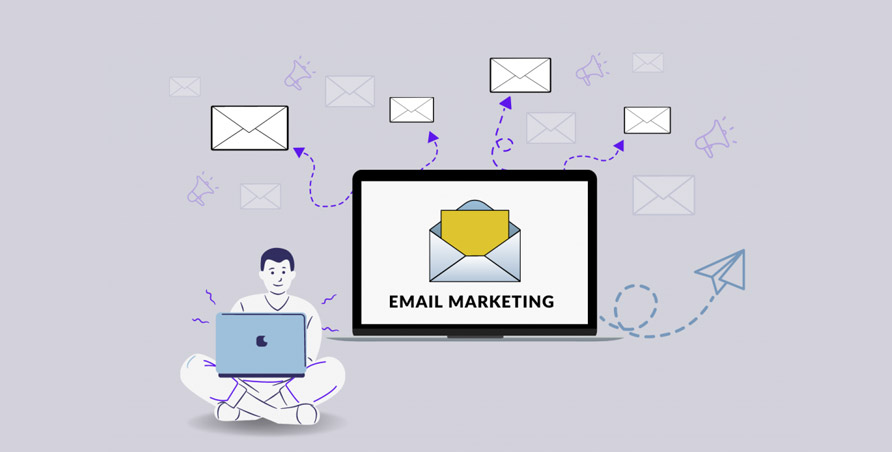
Email Marketing: Unlocking the Power of Direct Communication
In the digital age, where communication channels are abundant, email marketing remains a highly effective strategy for businesses to engage with their audience and drive meaningful results. Email marketing allows businesses to connect directly with their target customers, deliver personalized messages, and build lasting relationships. In this article, we will delve into the essence of email marketing and explore how it can benefit businesses.
What is Email Marketing?
Email marketing is a digital marketing strategy that involves sending targeted emails to a specific audience to promote products, services, or engage with subscribers. It enables businesses to reach their audience directly in their inbox, providing a personalized and tailored experience. Email marketing campaigns can include newsletters, promotional offers, event invitations, follow-ups, and more.
Benefits of Email Marketing:
- Direct and Personalized Communication: Email marketing offers a direct line of communication between businesses and their audience. With permission-based marketing, businesses can send targeted emails to subscribers who have expressed interest in their offerings. By segmenting their email list based on demographics, preferences, or past interactions, businesses can deliver highly relevant and personalized content to engage with their audience on a more personal level.
- Increased Engagement and Conversion: Email marketing is an effective way to nurture leads and guide them through the customer journey. By providing valuable content, educational resources, and exclusive offers, businesses can build trust, establish authority, and drive engagement. Well-crafted email campaigns can motivate subscribers to take desired actions, such as making a purchase, signing up for a webinar, or downloading a resource, ultimately boosting conversion rates.
- Cost-Effective Marketing: Email marketing is a cost-effective strategy compared to traditional marketing channels. With no printing or postage costs, businesses can save on expenses while reaching a large audience. Email service providers offer scalable pricing plans, making it accessible for businesses of all sizes. Furthermore, automation features allow businesses to set up email sequences and autoresponders, saving time and effort while maintaining consistent communication with subscribers.
- Measurable Results and Analytics: Email marketing provides valuable insights through analytics and tracking features. Businesses can track open rates, click-through rates, conversion rates, and other key metrics to assess the performance of their campaigns. This data-driven approach enables businesses to optimize their email marketing efforts, refine their messaging, and tailor future campaigns for better results.
- Relationship Building and Customer Loyalty: Email marketing allows businesses to foster long-term relationships with their audience. By delivering valuable and relevant content consistently, businesses can position themselves as trusted advisors and industry experts. Regular communication through email helps keep the brand top of mind, strengthens customer loyalty, and encourages repeat business.
- Automation and Personalization: Email marketing platforms offer automation capabilities, allowing businesses to send targeted emails at specific times or triggered by user actions. Automated workflows can nurture leads, onboard new customers, or send personalized recommendations based on customer behavior. These automation features save time, streamline processes, and ensure timely and relevant communication with subscribers.
- Integration with Other Marketing Channels: Email marketing seamlessly integrates with other marketing channels, such as social media and content marketing. Businesses can include social media icons in their emails, encouraging subscribers to follow and engage on social platforms. Email campaigns can also promote blog posts, videos, or other content assets, driving traffic and increasing the reach of the brand’s content strategy.
Conclusion:
Email marketing remains a powerful tool for businesses to connect with their audience, drive engagement, and boost conversions. With its direct and personalized communication, increased engagement and conversion rates, cost-effectiveness, measurable results, relationship building capabilities, automation features, and integration with other marketing channels, email marketing is a must-have strategy in any comprehensive marketing plan. Embrace the power of email marketing and unlock its potential to cultivate strong customer relationships and drive business growth.